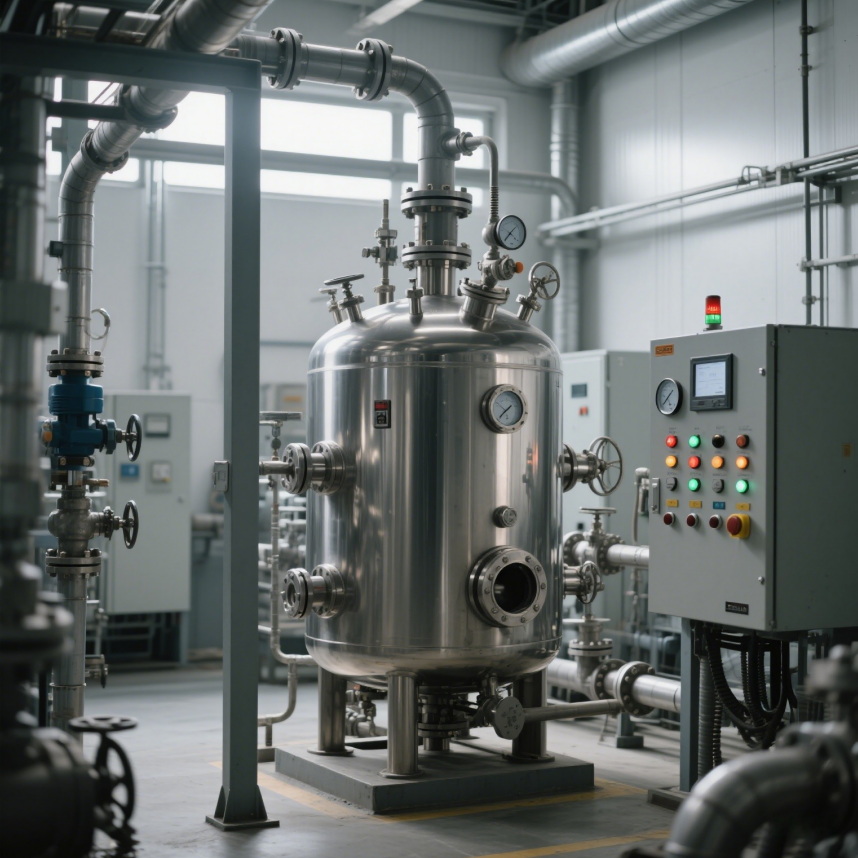The synthesis of 2-ethylhexyl acrylate (2EHA) with CAS 103117 involves esterification of acrylic acid with 2-ethylhexanol, followed by purification to achieve high purity, a process optimized by E Plus Chemical Co., Ltd. via advanced catalytic technology. The first step is raw material preparation: acrylic acid (≥99.5% pure) and 2-ethylhexanol (≥99% pure) are mixed in a reactor with a catalyst—typically a solid acid catalyst or sulfuric acid—to accelerate the esterification reaction, which forms 2EHA and water (CH2=CHCOOH + HOCH2CH(C2H5)(CH2)3CH3 → CH2=CHCOOCH2CH(C2H5)(CH2)3CH3 + H2O). The reaction occurs at 80-120°C under reflux, with a water separator removing byproduct water to drive the equilibrium toward 2EHA formation. After esterification, the crude mixture is neutralized with a base (e.g., sodium carbonate) to remove the catalyst, then washed with water to eliminate salts and unreacted acids. Purification is achieved via fractional distillation, where the mixture is heated to ~215-218°C, separating 2EHA from residual alcohols, acids, and impurities based on boiling point differences. Inhibitors (e.g., MEHQ) are added to prevent premature polymerization. E Plus Chemical’s fully automated process controls ensure consistent conversion and purity (99%), with in-line monitoring of temperature, pressure, and composition. This synthesis route produces high-quality CAS 103117 2EHA, suitable for demanding applications in adhesives, coatings, and resins.
